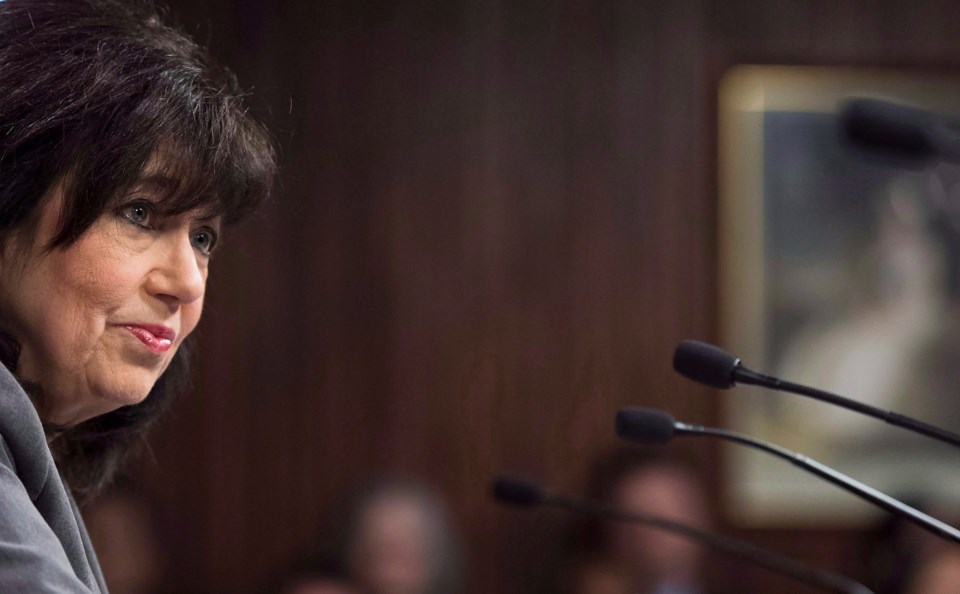When The Trillium asked me to write a column, I gave it a great deal of thought before agreeing to undertake the responsibility.
However, the more I thought about it, the more I realized that as the former auditor general of Ontario, my in-depth understanding of the inner workings of government, its multitude of different programs, and how government decisions were being made would enable me to provide The Trillium's readers with food-for-thought commentary.
In this first column, I want to reflect on how absolutely critical it is that government decisions be based on reliable, objective and comprehensive information. Over my 10 years as Ontario’s independent legislative auditor, it was apparent that governments were too often making decisions without ensuring the underlying information supports them. The recent Greenbelt scenario comes to mind as one example, and I suspect that most Ontarians would agree that the decision to open specific sections of the Greenbelt to a few selected land developers falls into this category.
As Abraham Lincoln said, democracy is a rule "of the people, by the people, for the people." In our context, it means the people of Ontario who elect their provincial government have the right to expect that all of its decisions are being made to make the province a better place to live. I believe in the old adage that the only report card that really matters is whether the government left the place in better shape than it was when it was first elected.
A key to a government maintaining this public trust after being elected is transparency in how decisions are made, especially when they impact the delivery and cost of public services. This has become more challenging as more traditional government services have evolved from being delivered directly by the government to being delivered by, or in partnership with, the private sector in Ontario. During my decade as auditor general, there appeared to be less and less of a voluntary willingness by governments to publicly release background information on and costs associated with such decisions.
Confidentiality considerations for the private sector are frequently cited as the explanation when this occurs, pre-empting the fundamental public sector principle of transparency. What is lost with this explanation is the fact that taxpayer dollars are being used to fund these policy decisions that should benefit the people of Ontario. As shareholders of the government, the people of Ontario are entitled to know how decisions are made and how much they cost. When a private sector entity obtains taxpayer funds or stands to benefit from government decisions financially, should there not also be an acceptance of the financial and decision-making transparency to the public that pays the bills?
There are undoubtedly situations where governments would prefer that the people of the province don’t understand the issues being debated and resort to personally attacking individuals who raise constructive concerns. Comments are made to obfuscate the issues rather than directly answer legitimate questions — and tuning into question period at Queen’s Park provides many examples of this. Considerable time and effort are spent by opposition parties, citizens, and the media trying to understand how and why certain decisions have been made. This also affects the image of the public and broader public sector employees and entities because unexplained or questionable decisions can call into question their work and expertise in advising the government.
Some recent examples where many questions have been asked but not directly or fully answered include the Greenbelt, the construction delays and costs around Eglinton Crosstown, the building of Highway 413, the sole-sourcing of contracts for ServiceOntario, the use of minister's zoning orders, the strategy for the post-secondary sector's financial stability, the government's overall environmental strategy, the human resource strategy for the public health-care sector, the expansion of private sector health care, and decisions affecting Ontario Place and the Ontario Science Centre, to name a few. Lingering unanswered questions have consequently resulted in many freedom of information requests being filed by opposition parties, media and other stakeholders to try to obtain information that could potentially provide more clarity around government actions and decision-making.
I suspect that Abraham Lincoln would agree that a key facet of an effective democracy is the ability of opposition parties, citizens and their associations, and the media to hold government to account, and to continue to ask questions of elected governments until the facts are obtained and clearly explained, for the benefit of those that elected them. And for those of you that do, kudos to you!
Bonnie Lysyk is a fellow at the C.D. Howe Institute, a former auditor general of Ontario and a former provincial auditor of Saskatchewan.




